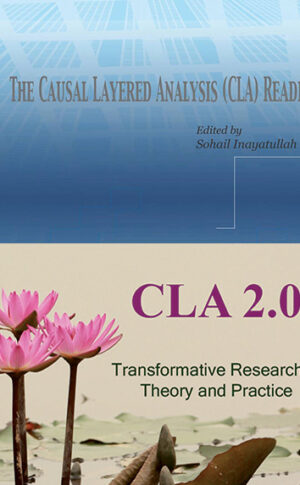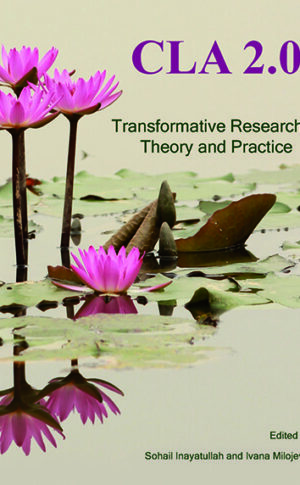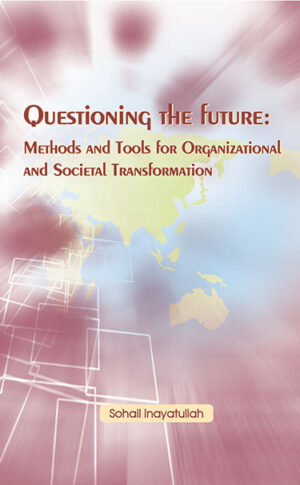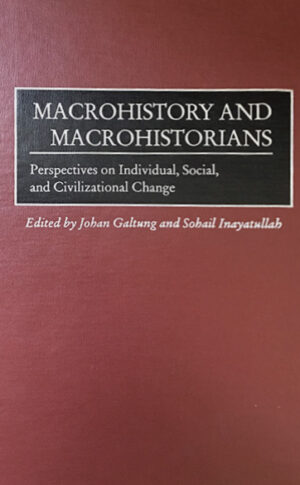Prout in Power (2017) (PDF)
$10.00
This is the PDF version of Prout in Power. After payment you will receive an email with the download link.
[NB: If the email does not appear in your inbox, please check your spam folder.]
By Sohail Inayatullah
Proutist Bloc India Publications, New Delhi, 2017
Additional information
This is the PDF version of Prout in Power. After payment, you will receive an email with the download link.
[NB: If the email does not appear in your inbox, please check your spam folder.]
Prout in Power: Policy Solutions that Reframe Our Futures
By Sohail Inayatullah
Proutist Bloc India Publications, New Delhi, 2017
Created in the late 1950s by the Indian philosopher, mystic, and social activist P.R. Sarkar, Prout or the Progressive Utilization Theory is not only a theory of social change and transformed leadership, but an alternative political economy; an emergent alternative to capitalism, a vision and comprehensive model of a new future for humanity and the planet.
Decades ahead of its time, Prout is increasingly becoming relevant today. It is a pivotal theory not just to understand the world but to change it.
Prout has five crucial pillars: (1) spiritual practice, (2) neo-humanism, (3) the social cycle, (4) governance, and (5) the socio-economic system.
The first pillar, spiritual practice, acknowledges that there is an inner dimension to the external world – meditation and other similar practices are central to a successful Proutist society.
The second pillar, Neo-humanism, is both equal opportunity legislation and inner mindfulness – an ethics that expands our identity from ego to family to territory to religion to society to humanism and eventually to all living beings.
The third pillar is the social cycle. Prout provides a theory of macrohistory and future. While history has been cyclical, we are not doomed to repeat the past. Through ethical and transparent leadership, the cycle can become progressive, creating a new spiral future.
The fourth pillar is governance. Prout works in a world governance structure. It imagines a federalist world system and seeks to create “glocal” movements that challenge the current world economy.
The fifth is the socio-economic system. Prout challenges the current corporatist model, focusing instead on the cooperative model.
However, this book is not focused on explaining Prout; rather, it imagines a future where Prout is in ‘power’. It uses Prout to reframe the issues of the time so that innovative solutions can be created. Chapters articulate Prout policy on topics such as:
- Higher education
- Crime and prisons
- Poverty and wealth
- Power and policy-making
- Yoga and economics
- E-Health and new digital technologies
- The alternative futures of Asia
- The Arab Spring
We are in the midst of the postmodern, the era of multiplicity. Working with innovative movements all over the world, Prout provides the epistemology, methodology, and vision for a different future, and, thereby, present.
Length: 260 pages


















